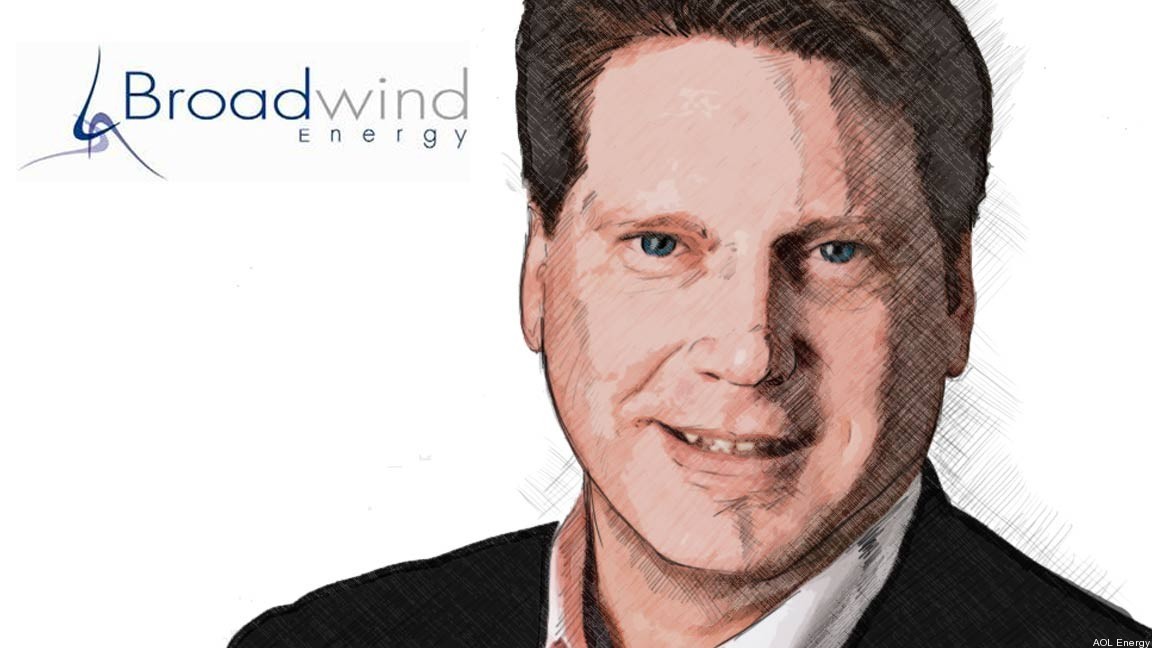
Amid the sharp suits and creative eyewear of New York’s financial analysts and media gathered at the Waldorf Astoria hotel, Peter Duprey emanated the solid, factual presence often associated with Midwesterners.
Duprey’s company, Broadwind Energy of Naperville, Illinois, straddles the line between the traditional fossil fuel economy that industrialized the US and the new cleantech economy that is still emerging around the world.
Breaking Energy sat down with him at the recent Renewable Energy Finance Forum – Wall Street to discuss his company’s strategy in a shifting industry.
Broadwind manufactures industrial gearing and other equipment for the oil, natural gas and mining industries, but as its name implies, the firm is also a leading provider of wind turbine equipment in North America. It is a dichotomy that would make management at many renewable energy firms uncomfortable, but Duprey is actively trying to keep the company roughly balanced between the two markets.
“We went from all industrial to all wind, and now we’re seeking some balance,” Duprey said.
The company remains committed to the wind business despite the juicy returns in serving oil, gas and mining clients in a booming global commodities pricing environment. Duprey said absent a policy catalyst, utilities will stick with building and keeping established fossil fuel capacity, but that doesn’t take into account the needs of future generations or the investment in jobs and manufacturing capacity provided by new clean energy.
Duprey seemed frustrated with the lack of policy direction on renewable fuels among politicians in Washington, DC.
“The question is does this country want diversified and renewable energy,” he said. “Everyone realizes energy diversification and renewables are good things, but the question is how they get there.”
Credit Where Credit Is Due
During the conversation, he didn’t advocate so much for a renewal of the production tax credit that has drawn so many foreign wind power component manufacturers to the US in recent years as much as he advocated for a lasting and reliable decision on tax credits for the industry.
“It needs to be one way or the other,” he said, pointing out that whenever tax credits expired in the past the industry ground to a halt as developers waited for renewal. The current credit is set to expire in 2012.
“Governments have to create a stable financing and regulatory environment to act as a catalyst for financing,” he said, echoing the tone of the broader conference and many of his fellow renewable energy executives.
A former leader for GE‘s renewable energy efforts and CEO at Acciona Energy North America, Duprey’s roots in the energy business run deep. His long history in energy hasn’t kept him from keeping up with the times though; he has a smart meter in his house in Illinois and has saved 20% on his energy bill by choosing an hourly pricing model.
In a country torn between its existing reliance on fossil fuels and widespread belief that renewable fuels and cleantech are essential tools of the future, Duprey is a perfect example of the realist chief executive who knows to plan for the future while acknowledging the past.
